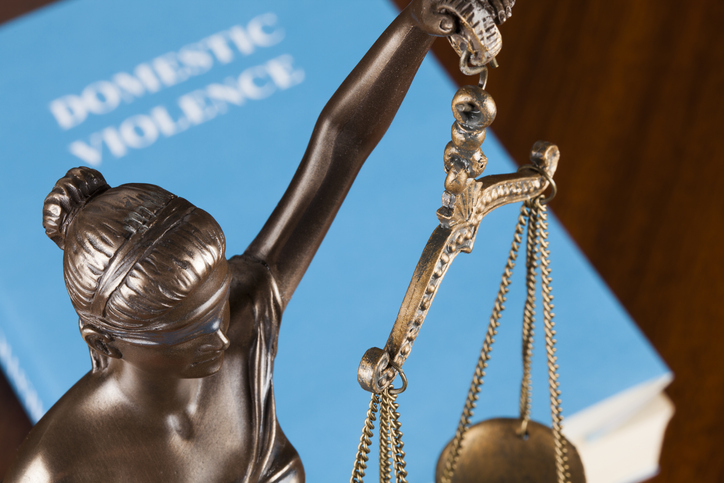Staying Safe Physically and Financially During Your Divorce

Divorce can be difficult even under normal circumstances, but for abuse victims the process can be even more trying, since special protective measures must be taken. A recent study by the National Center for Biotechnology Information (NCBI) found that domestic violence was the seventh most common reason for divorce in the United States. Nearly one fourth of the study’s participants cited both physical and emotional abuse as a contributor to their divorce.
Along with being a cause of divorce, abuse can make the process more troublesome. Here are steps you can take to protect yourself, not only physically but financially as well:
- Secure your important documents — Gather items like your passport, birth certificate, Social Security card and other identity-related information and store them in a safe location. You’ll also want to obtain copies of any insurance policies, mortgage documents and rental agreements. If your spouse is violent or manipulative, you don’t want him or her to have exclusive possession of these documents.
- Take action on bank and credit card accounts — Talk to your financial services providers and set up new accounts that don’t have your spouse’s name on them. You may want to consider banking at a different institution from now on.
- Make a safety plan — Before you leave the house and before you file for divorce, find out if you can stay with a loved one or a friend. There are also shelters available for women leaving abusive marriages. Ideally you can find a place to go where your spouse won’t immediately know where to find you.
- Save money — A spouse who is physically controlling or abusive might be equally domineering about your finances. Before you file for divorce, try to save up money for yourself. For example, if you pay for groceries with a debit card and the machine asks if you want cash back, say yes and pocket the money. Even small amounts can add up.
- Find an attorney and communicate with him/her — This is crucial. You need a New York divorce lawyer who knows how to handle delicate situations like yours. In a domestic violence situation, you’ll also want to tell your lawyer what exactly has happened, and ask if they can help you get a restraining order if necessary.
Taking these steps can help make you and your finances safer once you do take that final step and initiate divorce.
The Long Island divorce attorneys at Bryan L. Salamone & Associates, P.C. have extensive experience representing abuse victims. We are here to help you prepare for divorce and be by your side throughout the process. Please call 1.631.479.3839 or contact us online to schedule a free initial consultation with our team. Based in Melville, we serve clients throughout Long Island.





